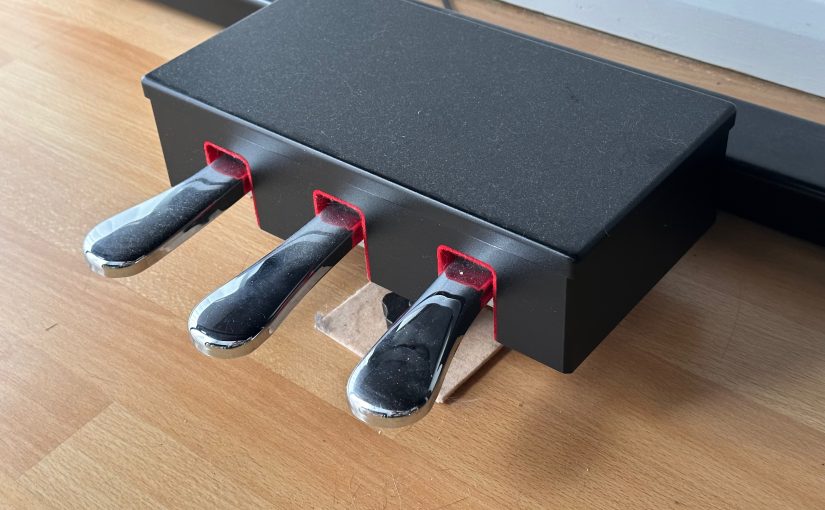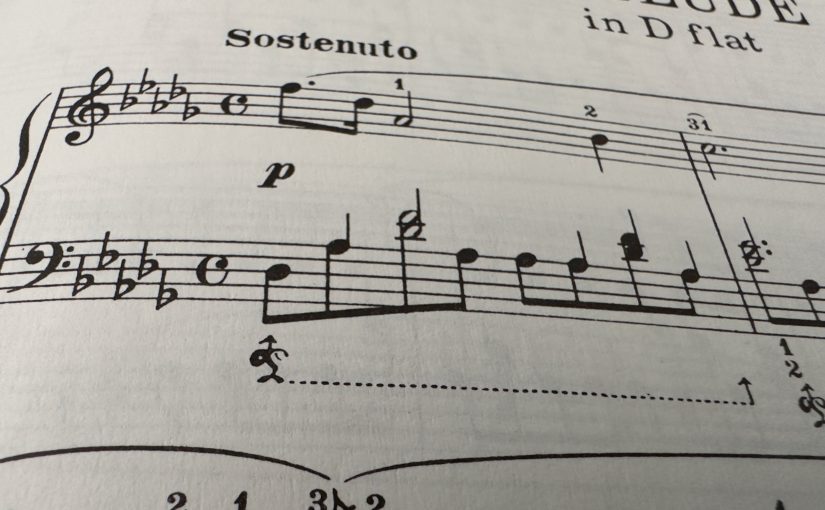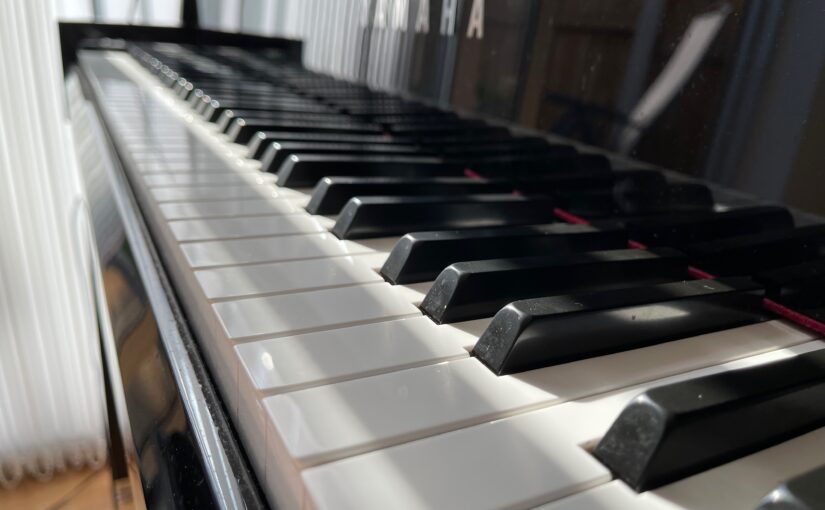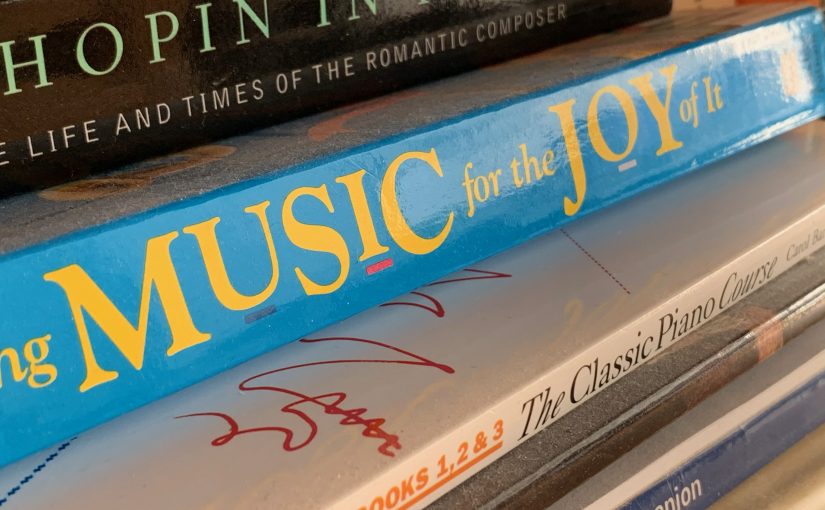Playing the piano can be a truly immersive experience, especially when you explore the unique qualities of the piano sustain pedal. It is the one on the right hand side and holds the key to unlocking a world of musical expressions.
One of the main joys of using the sustain pedal is how it helps you keep the notes singing. The moment you press down on this pedal, a magical transformation occurs within the piano: it lifts all the dampers away from the strings, allowing the notes to ring out and sound freely. This creates a sort of musical elixir, blending individual notes into a vibrant and full-bodied sound that lingers on, even after your fingers have left the keys. It’s like weaving a rich tapestry of sound, allowing your performances to truly sing and resonate.
But the pedal doesn’t stop there. It has another trick up its sleeve – enhancing the resonance of your piano. With the dampers lifted off, the sustain pedal allows unplayed strings to vibrate sympathetically to the notes you are playing. This adds depth to your sound, almost as if it gives a soul to the piano, bringing out the instrument’s unique voice and making your music feel more alive.
The sustain pedal is also your helpful friend when you’re aiming for a smooth legato – a seamless connection between notes that might be a stretch to hold together by fingers alone. By cleverly managing the pedal, you can weave together notes that would otherwise be impossible to connect, creating a silky thread of sound that flows effortlessly through even the most intricate musical passages.
Remember: try and use the sustain pedal as a ‘paintbrush’, bringing it in and out gently as he music requires, rather than switching it ‘off and on.’
Another interesting aspect of the sustain pedal is its ability to inject a variety of expressive effects into your music. By carefully controlling how much you press down on the pedal, you can make the sound linger on longer, gently fade away, or create an echo-like decaying effect. These subtle manipulations can add a whole new level of emotion and detail to your performances, making each piece uniquely your own.
The pedal also gives you the freedom to experiment with the tonal colours of your piano. When you mix and match the pedal’s effects with various playing techniques – like the intensity of your touch or the dynamics of your playing – you can create a stunning palette of tonal shades and textures. This flexibility gives you the power to paint different moods and atmospheres with your music, adding a personal touch to your interpretation of the piece.
In essence, the piano sustain pedal serves as an artistic tool that enhances your control over the sound production of the piano. By offering opportunities for sustained sound, increased resonance, smooth legato, and a whole spectrum of tonal colours, the sustain pedal truly allows your performances to bloom with expressive and nuanced detail.






